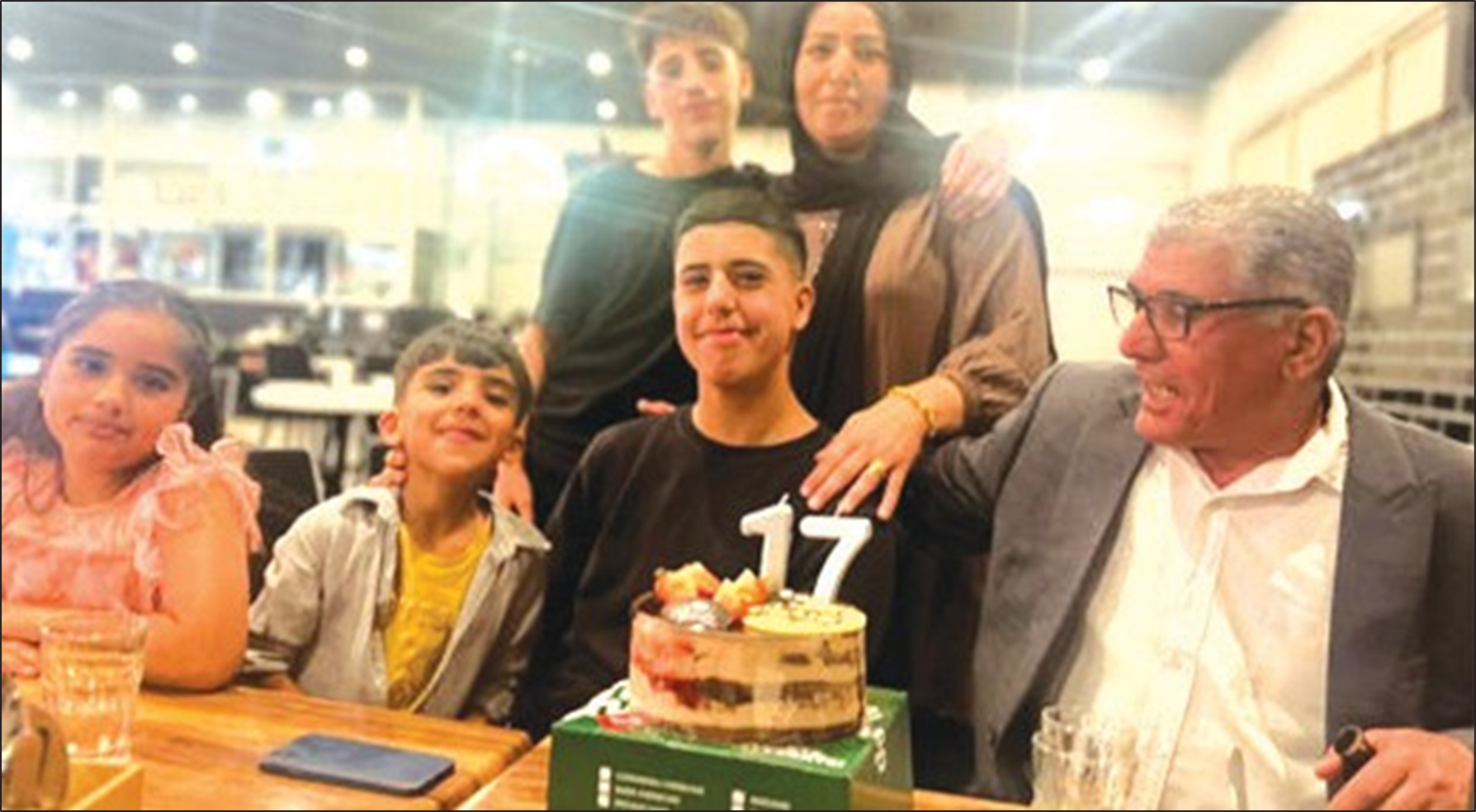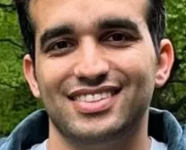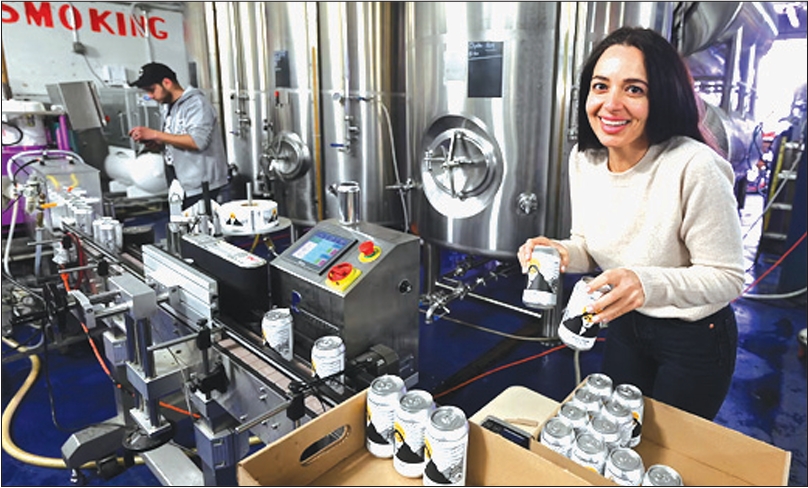May 10, 2024
 An Iranian family of seven that fled to Australia 12 years ago fears they and other Iranians could be forced to return home if the Canberra government passes tough new deportation laws. Under the proposal, the government could force people to comply with attempts to deport them to their country of origin, on threat of jail time.
An Iranian family of seven that fled to Australia 12 years ago fears they and other Iranians could be forced to return home if the Canberra government passes tough new deportation laws. Under the proposal, the government could force people to comply with attempts to deport them to their country of origin, on threat of jail time.
The government says its focus is on about 150 people who are currently in immigration detention, but obstructing deportation efforts. Amineh Khasri, who has been living in Melbourne for several years with her husband and five children, told the Australian Broadcasting Corp. (ABC) her family was “terrified” this could include them. The family fled Iran in 2012 and arrived in Australia by boat in 2013.
All but one family member had their refugee claims rejected and are now staying in Australia on temporary “bridging” visas. In theory, they are awaiting deportation. But they effectively can’t be deported because Iran does not accept involuntary re turns. The government’s new proposal is intended to circumvent this, by requiring people to apply for new passports so they can be “voluntarily” returned. Amineh said she feared for her family’s safety if they were forced to return to Iran. “We can’t go back over there because it’s not safe for us,” she said. “What are we going to do? My future is lost. It makes me very sad.”
It makes me very sad.” Amineh said her family left their home in Ahvaz after encountering trouble with the Iranian government. “It affected our lives…. One time my son [was] taken into the police station and questioned by the police. And he was just nine years-old.” One of Amineh’s daughters, who turned 18 shortly after the family arrived, is married to an Australian citizen and has permanent residency. But the rest of the family had their refugee claims rejected.
The family was part of the Fast Track cohort of people who arrived by boat between August 2012 and December 2013. This limited their capacity to review their rejection and also narrowed the definition of a refugee. The Asylum Seeker Re source Centre has long argued the Fast Track cohort was “set up to fail” with hasty assessments and a “complex and difficult process [where] an error can have grave consequences.” The government has itself recognized fairness issues associated with Fast Track. Fast Track was the government’s response to a huge outpouring of public anger over foreigners, of which the largest group was Iranian, sneaking into the country illegally on boats sailing from Indonesia.
Amineh and her family have been staying on a series of bridging visas, which they must renew every six months. They have some work rights and some access to healthcare, but occasionally lose access to these rights when they are in the process of applying for renewal. Amineh said this disrupted care for her husband, who had been injured at work, and her 14- year-old son with asthma. Another of her sons received good marks in school but was unable to pursue further study because of his visa conditions.
“He studied hard, in COVID time as well. And he had a plan [to be] a construction manager … and he was very happy to get the results to apply for that … but the visa does not have study rights for the kids as well.” The government’s bill would not apply automatically to the entire eligible cohort. Instead, it would give the immigration minister the power to give orders in individual cases. The government says its priority is not on those with bridging visas who are living and working in the community.
Instead, it is focused on about 150 highly difficult cases of individuals who are being held in immigration detention. But the bill would still give the minister, or any future minister, sweeping new powers over the bridging visa cohort. The bill would also allow the government to reopen cases where people had been found to be refugees. “That is, people who have been found to be in need of protection from persecution who could have their cases re-opened with a view to reversing that decision [and] opening the path to deportation, with grave risks to their rights and lives.”


























